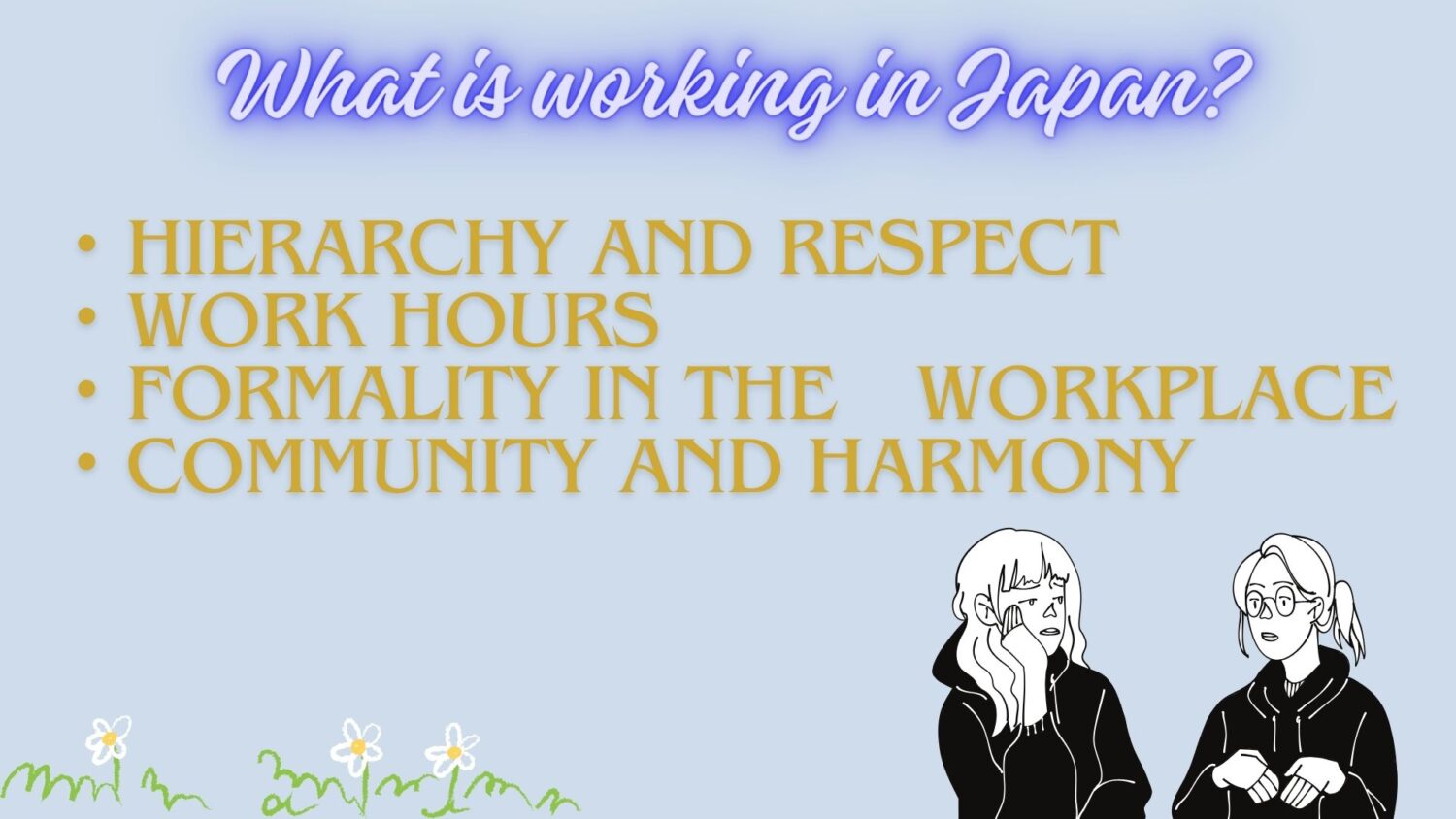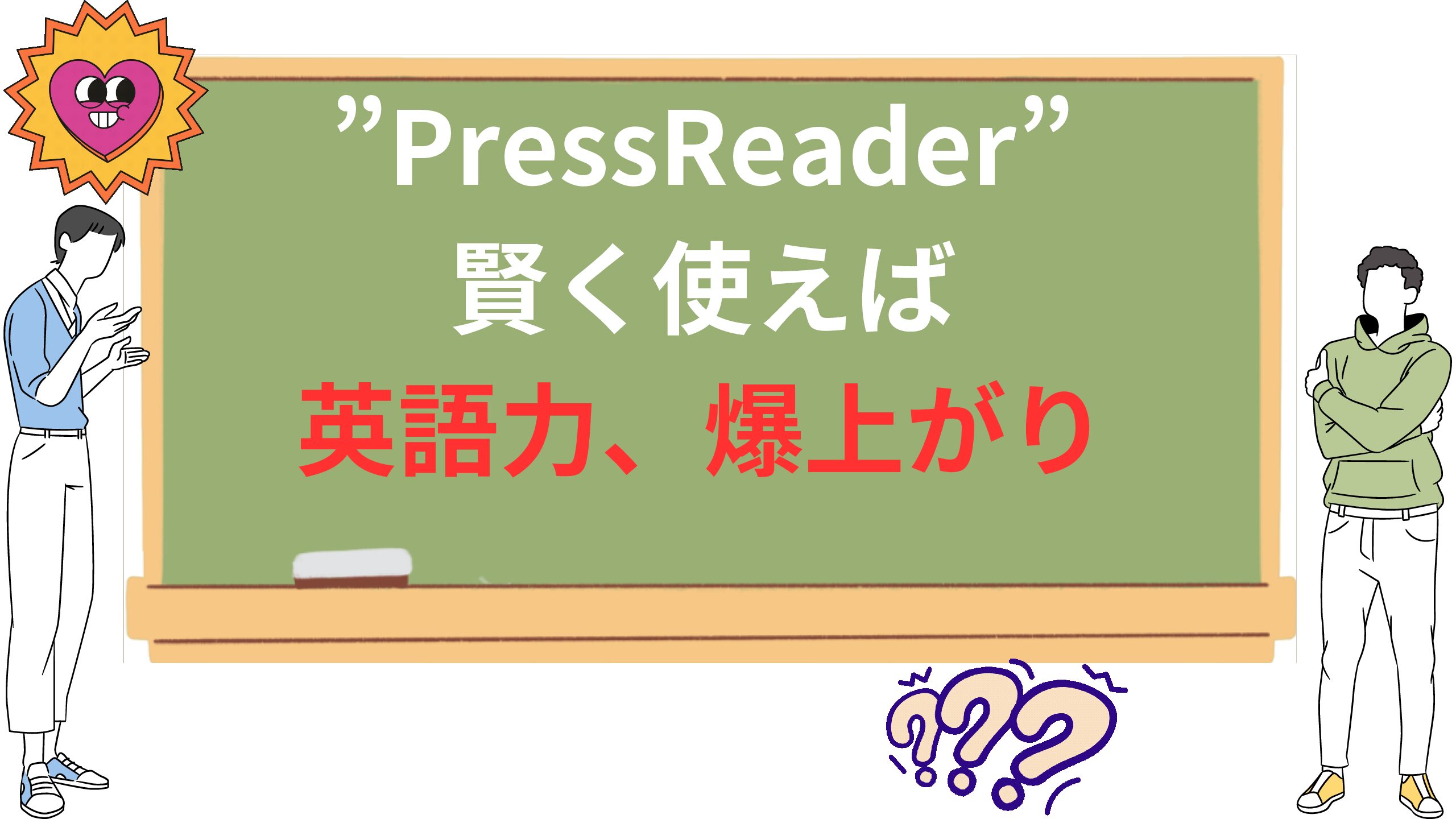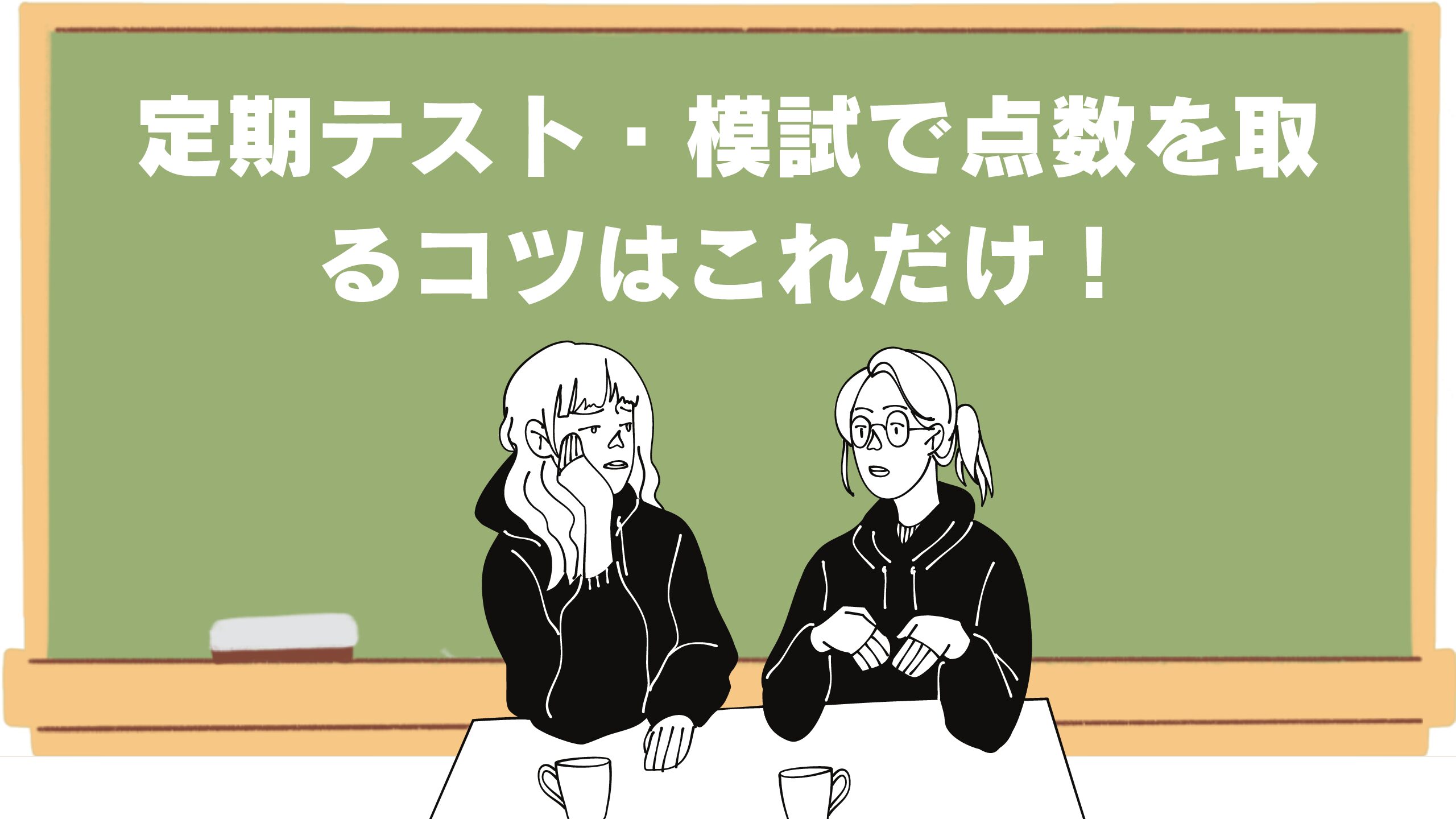Hello, I’m Perry! I write a lot of articles for Japanese students, but today, I will write for foreigner and this article is about working in Japan! For example, how do you work in Japan? Can you work in Japan?
Working culture in Japan

Working in Japan offers a unique experience due to its distinct workplace culture, which is influenced by traditional values and modern practices. Here’s a more detailed and simplified explanation.
Hierarchy and Respect
In Japanese companies, there is a strong focus on hierarchy. This means that older employees and those who have been with the company longer are usually in higher positions. This system is changing slowly, with some companies starting to value skills and achievements over age and length of service. Everyone is expected to show respect to their seniors, and this is reflected in how employees address each other, often using last names followed by ‘-san’.
Work Hours
Japanese employees often work long hours, and it is not unusual for them to do overtime. Historically, it was common to work late into the night. However, there’s a growing awareness about the importance of work-life balance, and many companies are now trying to reduce working hours.
Formality in the Workplace
Japanese workplaces are formal. This is seen in the way people dress (usually in formal suits) and how they communicate. After the 2011 Tsunami, there was a move towards a less formal dress code in some places, but the formal approach still prevails in many companies.
Community and Harmony
There is a strong sense of community in Japanese workplaces. Employees often take part in company activities like group exercises or company picnics. These activities help build a sense of belonging and unity. The concept of group harmony, or ‘wa‘(和), is very important. This means that the group’s needs are often placed above individual wants. Decisions are made by consensus, involving everyone, to ensure harmony and reduce resistance.
How do you work in Japan?
To work in Japan as a foreigner, there are several key steps and considerations.
Educational and Professional Requirements
Most jobs in Japan require at least a four-year bachelor’s degree. For teaching English, a TEFL/TESOL certification can be beneficial. In fields like IT, experience may sometimes substitute formal education requirements. Proficiency in Japanese, while not always mandatory, is highly desirable for many positions.
Job Search Strategies
Utilize job listing websites such as GaijinPot, Jobs in Japan, and Daijob. These sites offer numerous job listings across various sectors, many of which require minimal Japanese proficiency. It’s important to carefully review job terms and details, including work visa sponsorship, contract duration, salary, work hours, and company adherence to labor laws.
Visa and Employment Types
Various types of visas are available for working in Japan, including the Specified Skilled Worker visa for blue-collar jobs and general work visas for roles like teaching English. The type of job, Japanese language ability, and experience will influence your eligibility. Japan has been opening up more to foreign workers, especially in sectors facing labor shortages.
Salary Expectations
A comfortable living salary in Japan is considered around 4 million JPY (36,700 USD) per year, with families aiming for around 6 million JPY (55,000 USD). Salaries vary by industry, with IT and communications often offering higher salaries. It’s important to consider the high cost of living in Japan when evaluating salary offers.
Full-Time vs. Part-Time Work
In Japan, the distinction between full-time and part-time work is significant, and it carries different implications compared to many Western countries. Understanding these differences is crucial for foreigners considering working in Japan.
Full-Time Employment in Japan
In Japan, the distinction between full-time and part-time work is significant, and it carries different implications compared to many Western countries. Understanding these differences is crucial for foreigners considering working in Japan.
Full-Time Employment in Japan
- Job Security and Benefits: Full-time employees in Japan often enjoy greater job security and a range of benefits. These benefits typically include health insurance, pension contributions, and unemployment insurance. Full-time roles are more likely to offer career advancement opportunities and long-term employment, which is highly valued in the Japanese work culture.
- Work Culture: Full-time employees are expected to be highly dedicated to their company, often resulting in longer working hours and a greater emphasis on workplace harmony and group activities. This can be quite different from Western work environments, where there’s often a stronger focus on work-life balance.
- Salary and Minimum Wage: Salaries for full-time positions vary significantly based on industry and role. The average annual salary in Japan for a comfortable living is about 4 million JPY (approximately 36,700 USD), though this can be higher in industries like IT and finance. The minimum wage in Japan varies by region, with Okinawa having the lowest minimum wage at 737 JPY (about 6.80 USD) per hour.
Part-Time Employment in Japan
In Japan, the distinction between full-time and part-time work is significant, and it carries different implications compared to many Western countries. Understanding these differences is crucial for foreigners considering working in Japan.
Full-Time Employment in Japan
- Job Security and Benefits: Full-time employees in Japan often enjoy greater job security and a range of benefits. These benefits typically include health insurance, pension contributions, and unemployment insurance. Full-time roles are more likely to offer career advancement opportunities and long-term employment, which is highly valued in the Japanese work culture.
- Work Culture: Full-time employees are expected to be highly dedicated to their company, often resulting in longer working hours and a greater emphasis on workplace harmony and group activities. This can be quite different from Western work environments, where there’s often a stronger focus on work-life balance.
- Salary and Minimum Wage: Salaries for full-time positions vary significantly based on industry and role. The average annual salary in Japan for a comfortable living is about 4 million JPY (approximately 36,700 USD), though this can be higher in industries like IT and finance. The minimum wage in Japan varies by region, with Okinawa having the lowest minimum wage at 737 JPY (about 6.80 USD) per hour.
Part-Time Employment in Japan
- Flexibility and Restrictions: Part-time work in Japan offers more flexibility but comes with its own set of restrictions. Foreign nationals working part-time in Japan must be mindful of the specific conditions attached to their visa and residential status. For example, students are allowed to work part-time but are limited to a maximum of 28 hours per week.
- Income and Benefits: Part-time jobs often pay less compared to full-time roles and may not include the same level of benefits. This can be a significant consideration given Japan’s high cost of living.
- Work Visa Requirements: For foreigners, the type of work that can be undertaken on a part-time basis is often dictated by the type of visa held. Certain visas may limit the individual to specific industries or roles.
Comparing with Other Countries
- In many Western countries, part-time workers may have more rights and protections compared to Japan. For instance, part-time workers in some countries may be entitled to pro-rata benefits similar to full-time employees, which is less common in Japan.
- The concept of work-life balance, which is gaining traction in the West, is still emerging in Japan. Full-time employees in Japan often face longer working hours compared to their counterparts in many Western countries.
Insurance and social security
Insurance and social security are critical aspects of working in Japan, and they significantly impact both full-time and part-time employees. Understanding these systems is vital for foreigners working in Japan.
National Pension System (Kokumin Nenkin)
- Mandatory Participation: Both full-time and part-time employees in Japan are required to enroll in the National Pension System. This system is designed to provide retirement benefits and is a mandatory form of social security in Japan.
- Contribution Rates: The contributions are standardized and are not based on income levels. This means that everyone enrolled in the system pays the same amount, regardless of their earnings.
- Benefits: The pension system provides benefits for old age, disability, and surviving family members in the event of the contributor’s death. The amount of pension received upon retirement depends on the length of contributions and the total amount paid into the system.
Health Insurance
- Coverage for Employees: Employees in Japan are typically covered under either employer-provided health insurance schemes or the National Health Insurance if they are self-employed or part-time workers without employer coverage.
- Contributions: Contributions to health insurance are usually split between the employer and the employee for full-time workers, while part-time workers and self-employed individuals must cover the full amount themselves.
- Benefits: These insurance plans cover a large portion of medical costs, including doctor’s visits, hospital stays, and most medical procedures. Enrollees are usually responsible for paying a small percentage of the medical costs out-of-pocket.
Employment Insurance
- Unemployment Benefits: Employment insurance provides benefits in the event of job loss. This insurance is mandatory for most employees, and both the employer and employee contribute.
- Eligibility: To receive unemployment benefits, workers must meet certain conditions, such as a minimum period of insurance coverage and actively seeking new employment.
Importance for Foreign Workers
- Security and Compliance: Enrollment in these systems is not only a legal requirement but also provides a safety net for foreign workers. It ensures access to healthcare and financial support in various circumstances.
- Long-Term Considerations: For those planning to stay in Japan long-term, contributions to the pension system are crucial for securing retirement benefits.
Summary
This article provides a comprehensive overview of Japan’s work culture, highlighting the traditional hierarchy and respect, long working hours, and the formalities of the workplace. It also covers the practicalities of working in Japan as a foreigner, including job search strategies, visa requirements, salary expectations, and the differences between full-time and part-time employment. Lastly, it touches upon the importance of insurance and social security for workers in Japan



コメント